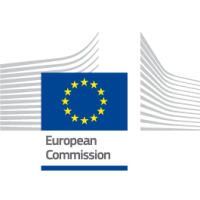
SCHOOL PARTNERSHIPS - Open Schools for Open Societies. A challenging and effective path
In this webinar, insights and examples were given about the concept of open schooling and how this concept can thrive in every school context.
Webinar information
Description
This webinar aimed to promote the terms of collaboration and co-creation in an effective and inspirational way and give an impulse to the quality of education. Admittedly, one of the objectives that school principals and teachers should achieve is to reach out to society and collaborate with many stakeholders inside and outside the school. Open schooling means taking the next step in educational partnership. Moving from theory and books to practical and meaningful application, with the school being in the center of the neighborhood. In a mutual and equal relationship several partners seeking to reaching substantial goals, addressed to everyone, including (educational) partners in schools, and taking up on realistic challenges with pupils and staff. Through the concept of open schooling, meaningful and innovative initiatives can come to life.
The importance of mobilising resources within the school and community, and schools participating in networks is highlighted by a new report from the Working Group on schools, one of the Working Groups of the European Education Area strategic framework. The report highlights blended learning strategies that help schools and education systems to be more inclusive, responsive and resilient, also in disruptive times (see Blended learning for inclusion - Publications Office of the EU (europa.eu)).
This webinar has ended but you canwatch the recording below:
Presentation by Ulrike Storost: School-community-partnerships as part of Blended learning for inclusion
About the speakers
Additional information
-
Language:English
-
Target audience:Head Teacher / PrincipalTeacherTeacher Educator
-
Target audience country:
-
Target audience ISCED:Primary education (ISCED 1)Lower secondary education (ISCED 2)Upper secondary education (ISCED 3)




